The anti-junta armed groups were pushed to lay down their weapons and engage in political dialogue in an announcement issued by the military-led State Administration Council (SAC) on September 26.
Nevertheless, none of the opposition groups responded to this request, as they perceived it as insincere and fraudulent.
It is not that the revolutionary groups are unwilling to address the issue through political means; rather, they learned that the military has been the trouble to political dialogue for nearly eight decades.
The military’s reluctance for political dialogue among other ethnic nationalities has created a power vacuum, forcing opposition groups to establish themselves. Furthermore, the military accused the resistance organizations of being terrorists in the nation rather than blaming themselves. Thus, peace and stability are unlikely if they continue to blame others without addressing the underlying root of the issue. Thus, it is the military that caused the political instability in the country.
The military authorities are unconcerned about the safety and well-being of civilians despite people suffering as a result of their brutal offensives and natural disasters. Instead, they prioritized conducting a census despite the fact that civilians are urgently in need of humanitarian aid.
Still, the military leaders are insistent about conducting the election in order to establish themselves as a legitimate ruling party. They lack the desire to resolve the problem through political means. Also, they are employing the same strategies that they used in the past seven decades, specifically during 1958, 1963, and 1989. For instance, in 1989, the military expressed its intention to resolve the issue through political means by conducting an election in 1990. Nevertheless, the military regime declined to transfer authority to the civilian government after the opposition party won the election.
At the same time, they pushed ethnic armed groups to lay down their arms and engage in political discussion. The military’s main objective was to push these organizations into becoming Border Guard Forces (BGFs) by placing them under military control and eliminating any meaningful opportunity for political autonomy.
The military conducted the census again in 2008 and carried out the election in 2010, in which the military-backed Union State and Development Party (USDP) won, and in 2015, the opposition party, the National League for Democracy (NLD), took control. However, political discussions have not been addressed and both governments have merely requested ethnic armed groups surrender their weapons.
The military’s power grab in February 2021, which was intentionally blamed on election fraud, was a huge setback in Myanmar’s democratic development. The political dialogue has never been conducted since 1947; it is because of the military’s intervention.
Again, the military’s attempts to rule after the 2021 coup have resulted in a political stalemate. However, this time, the military faces opposition not just from ethnic armed groups demanding federalism, but also from the majority Burman population, which holds passionately pro-democracy. So, if the military insists on control over understanding the country’s complex political realities through militarized means, Myanmar will inevitably face increasing fragmentation with each group striving for autonomy.





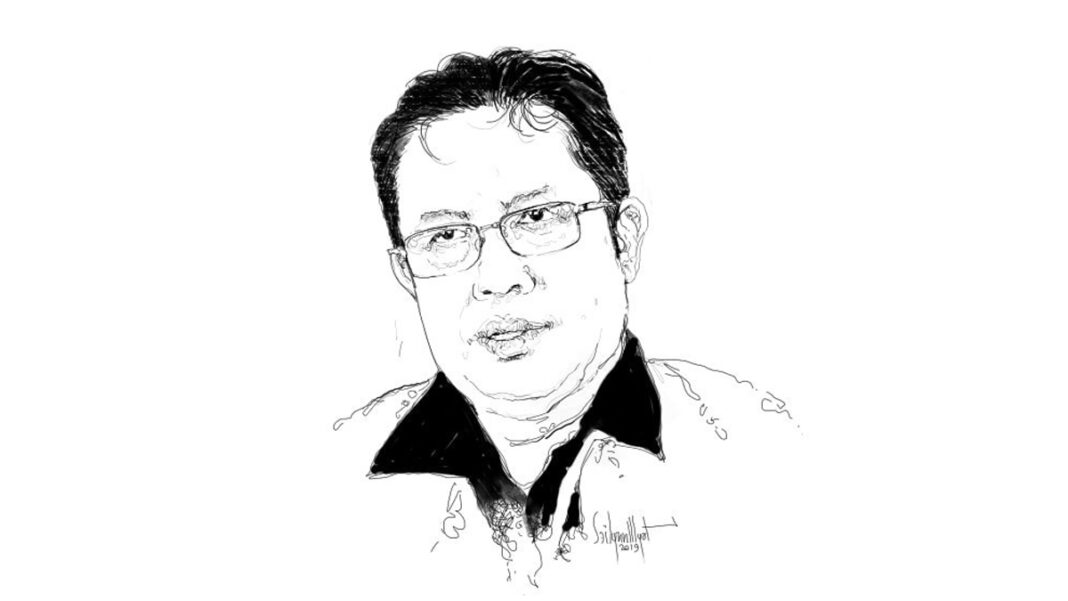
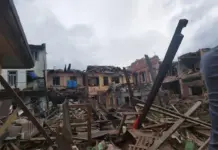
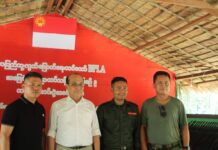
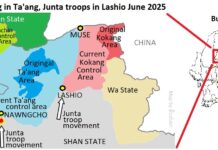
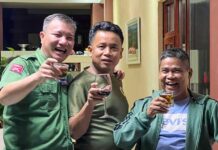
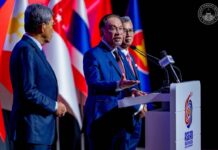






Leave a Comments